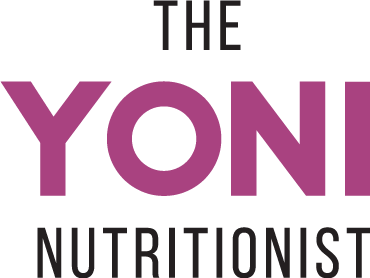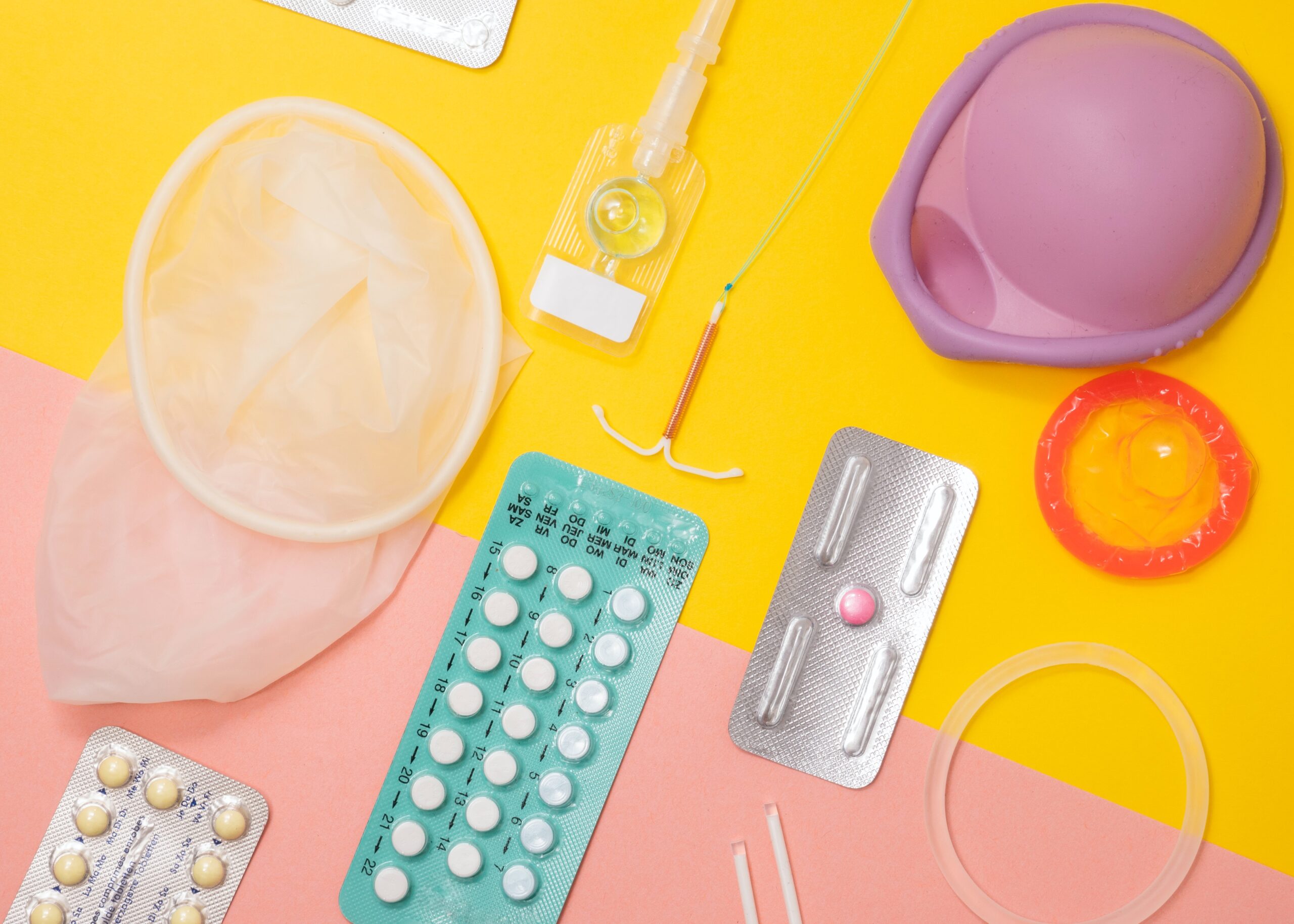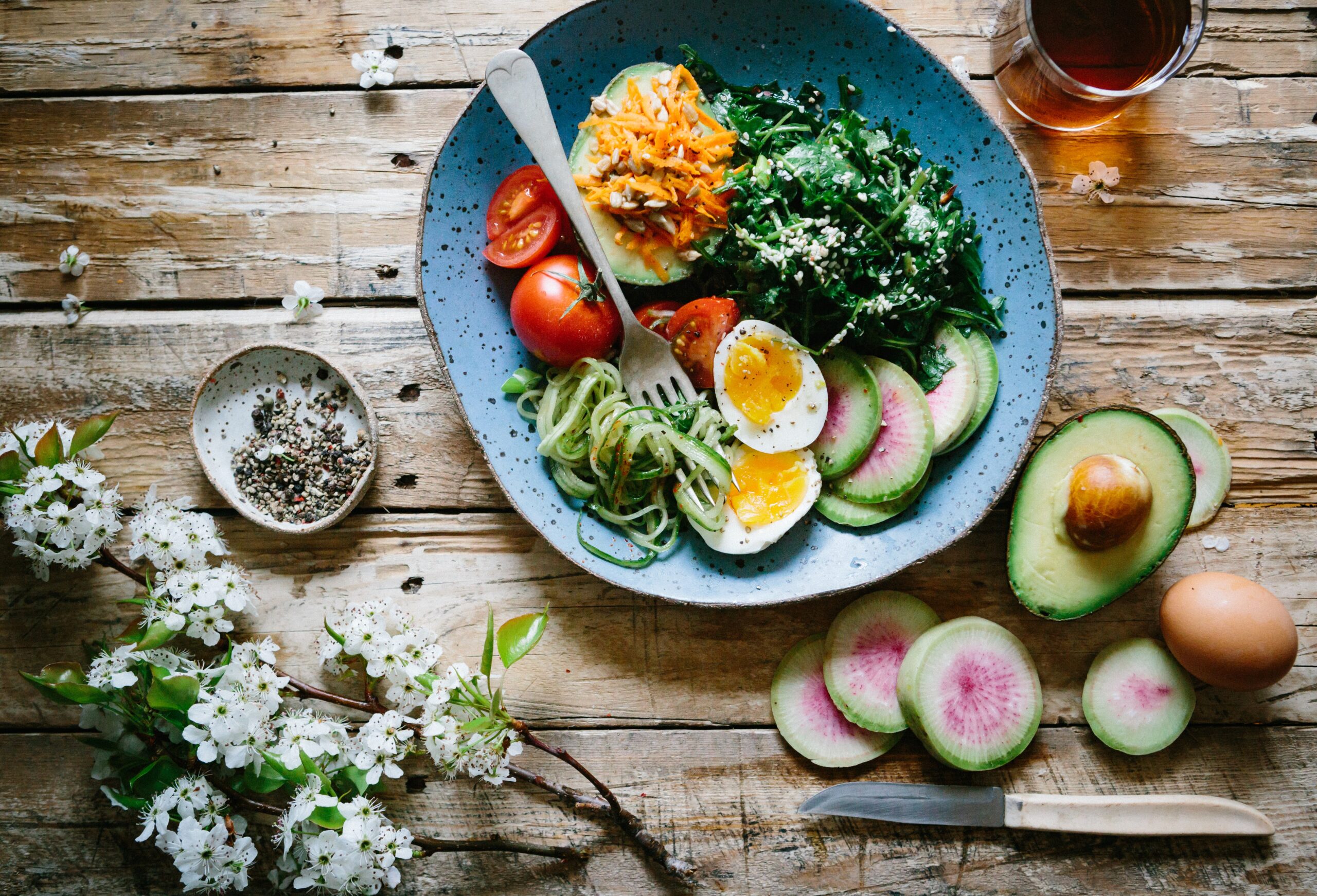How to Manage Recurring Vaginal Infections Around Your Period
Are you getting recurring vaginal infections in connection with your period?
Maybe they’re coming before your period, during your period (UGH), or after your period.
The most common recurring vaginal infections I see women get in connection with their menstrual cycle are:
- yeast infections
- bacterial vaginosis
- genital herpes outbreaks
If you can relate to this, there are a few reasons why this is happening.
There are four different phases of our menstrual cycle, which means our hormones change in each of these four cycles, and our body has different needs in each cycle.
The Four Phases of your cycle are:
- Menstrual Phase (3-7 days) – The first day of bleeding is considered day one of your menstrual cycle. On this day, the hormone progesterone plunges, which causes the uterine lining to shed. This is what’s so fondly called “your period” and what I call, “the take-it-easy phase“.
Some people however, don’t get a period – they are on birth control which suppresses their period, they experience hormonal imbalances that cause them to not get their periods, or they are peri-or post-menopausal.
There are a variety of reasons why people don’t get their periods. If you are not getting your period because of hormonal birth control, it’s still a good idea to keep track of your cycle which you can do over an app, my favorite is the Flo App! - Follicular Phase (starts on the first day of your period and lasts for approximately 13 to 14 days, ending in ovulation) – This is the phase that is right after menstruation. It’s called the Follicular phase because your pituitary gland releases a hormone called Follicle-stimulating hormone (FSH), which stimulates the follicles in your ovaries to mature. These follicles contain your eggs that would be fertilized if you were to get pregnant.
I call this the “energetic phase” – estrogen and testosterone rise which gives you a boost of energy and improves your mood. You may even feel more sassy, assertive, and willing to take risks during this phase.
Testosterone stimulates your libido while estrogen makes you feel more extroverted and suppresses your appetite. This is a time when it’s great to socialize, be productive, and enjoy more intense exercise. - Ovulation phase (1-2 days)- I call this phase the “frisky phase“, which is when an egg gets released from its follicle in your ovary and will survive for 12-24 hours. This phase doesn’t last long, you have a small window of time when you are ovulating.
During this phase, estrogen and testosterone rise to peak levels, boosting the effects of the follicular phase. You may feel more confident so it will be easier to verbalize your thoughts and feelings. Your sex drive will be at its highest and the chances of getting pregnant are the highest. - Luteal Phase (Approximately 14 days) – Estrogen and testosterone decline and your body starts producing progesterone, an anti-anxiety hormone. You might notice yourself slowing down which is why I call this phase the “slowing down phase“. Now is a good time for nesting, chores, and finishing your to-do lists.
The first part of the luteal phase feels a lot like ovulation but the second part of the luteal phase often hits the hardest, and this is when people experience often experience symptoms of vaginal infections.
You might feel PMS symptoms like cravings for carbohydrate-heavy comfort foods, sweets, and ice cream, bloating, breast tenderness, headaches, anxiety, fatigue, low energy, and moodiness.
https://www.mindbodygreen.com/articles/menstrual-cycle-phases
These symptoms are connected to the hormonal changes going on in your body which can:
- increase stress and inflammation in your body, weaken your immune system, and disrupt the healthy vaginal pH and flora levels which can trigger vaginal infections like yeast, BV, and UTI infections.
- create stress on your body including insomnia, depression, and anxiety, which can also suppress your immune system, create inflammation, and trigger vaginal infections like genital herpes outbreaks.
- Increased carb & sugar cravings thanks to increased levels of progesterone (which increases after ovulation), can have you indulging more often in your favorite comfort foods which can cause inflammation, throw off your blood sugar, affect your vaginal microbiome/pH levels, weaken your immune system, and trigger vaginal infections like yeast, BV, and UTI infections.
There are physiological responses that happen in the body that can trigger these recurring infections if you are experiencing infections around your period, which are:
- Stress
- Inflammation
- Suppressed immune function
- Blood sugar imbalances
- Hormone imbalances
This is why learning HOW to nourish your body in all phases of your cycle, particularly the LUTEAL PHASE is crucial to managing your infections if they’re happening around your period, and preventing them from coming back in the future!
It starts with understanding:
Your Diet – How to nourish your body with your diet during the four phases of your cycle, especially if your infections are being triggered by your period.
Self-Care – How to care for yourself during each phase of your cycle and that includes understanding and feeling when you have more energy vs. when you don’t and listening to your body and supporting your body with what it needs.
Your Lifestyle – How to change your habits and routine like exercise, sleep, social life, etc., in relation to where you’re at in your cycle and how to nourish your body during those times, when it needs it most!
The unfortunate thing is that we weren’t taught this stuff, we weren’t taught to live according to our menstrual cycle which can make our lives SO MUCH EASIER!
How I can help you:
As a Holistic Nutritionist that specializes in vaginal infections, I can help you understand what you can do and where you can start with your diet and lifestyle to manage your vaginal infections and prevent them from coming back in the future, whether or not they are triggered by your monthly cycle.
If you want to learn more about how I can help you get to the ROOT CAUSE of your vaginal infections so that you can feel confident in yourself, not worry about your vaginal health, and enjoy your sex life again, I have lots of ways I can help you!
I have four different self-guided online programs and guides, I offer 1:1 support calls if you need personal support and advice, and I also work 1:1 with clients where I support them on every step of the way of their vaginal healing journey.
CLICK HERE to access all of my resources and the all different ways I can help you!!






